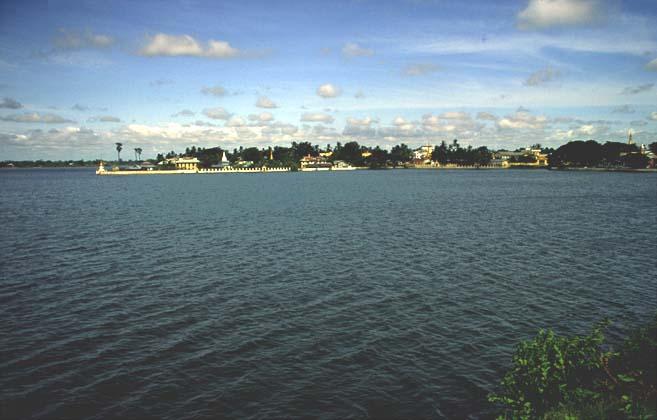Day 3
1. Names and Numbers
2. Internet Standards (RFCs)
3. Private and Public IP Addresses
1. Names and Numbers
Every name in TCP/IP protocol layers has it own number associated with it. After all, computers only understand numbers.
People remember websites by its name, e.g., www.yahoo.com, www.google.com.
www.yahoo.com has its own IP address 69.147.114.210
www.google.com has its own IP address 64.233.161.99
Computer name (hostname) to IP address translation is provided by Domain Name Service (DNS).
DNS also provide IP address to computer name, known as reverse DNS.
Also, applications have their own number known as port number. They are also called well-known ports.
HTTP (Hyper Text Transfer Protocol) used by web pages uses TCP port number 80.
HTTPS (Secure HTTP) uses port number 443.
DNS (Domain Name Service) uses port number 53.
Telnet uses port number 23.
SSH uses port number 22.
Here is the updated list of well-known port numbers.
IANA (http://www.iana.org/) is the governing body that control names and numbers of the Internet.

2. Internet Standards (RFCs)
Internet standards are called RFCs (Request For Comments).
Current standards RFCs can be found here. [It is not required to read RFC for CCNA exam]
RFCs are contributed and maintained by industry experts.
3. Private and Public IP Addresses
3 blocks of IP addresses are reserved for private use. Private IP addresses can be used in an organization provided that those hosts will not be connected to the Internet directly.
Private IP address standard is defined in RFC1918.
Private address blocks are
10.0.0.0 - 10.255.255.255
172.16.0.0 - 172.31.255.255
192.168.0.0 - 192.168.255.255
If an organzation wants to connet to the Internet, a public IP address is required. The organization can get public IP address either from an ISP or from ARIN (in United States).
Small organizations should request public IP address from ISP and larger ones from ARIN.
RIPE controls IP names and number for Europe and Middle East.
APNIC controls IP names and number for Asia Pacific.
AFRINIC controls IP names and number for Europe and Africa.
LACNIC controls IP names and number for Latin America and Carribean.


0 Comments:
Post a Comment
<< Home